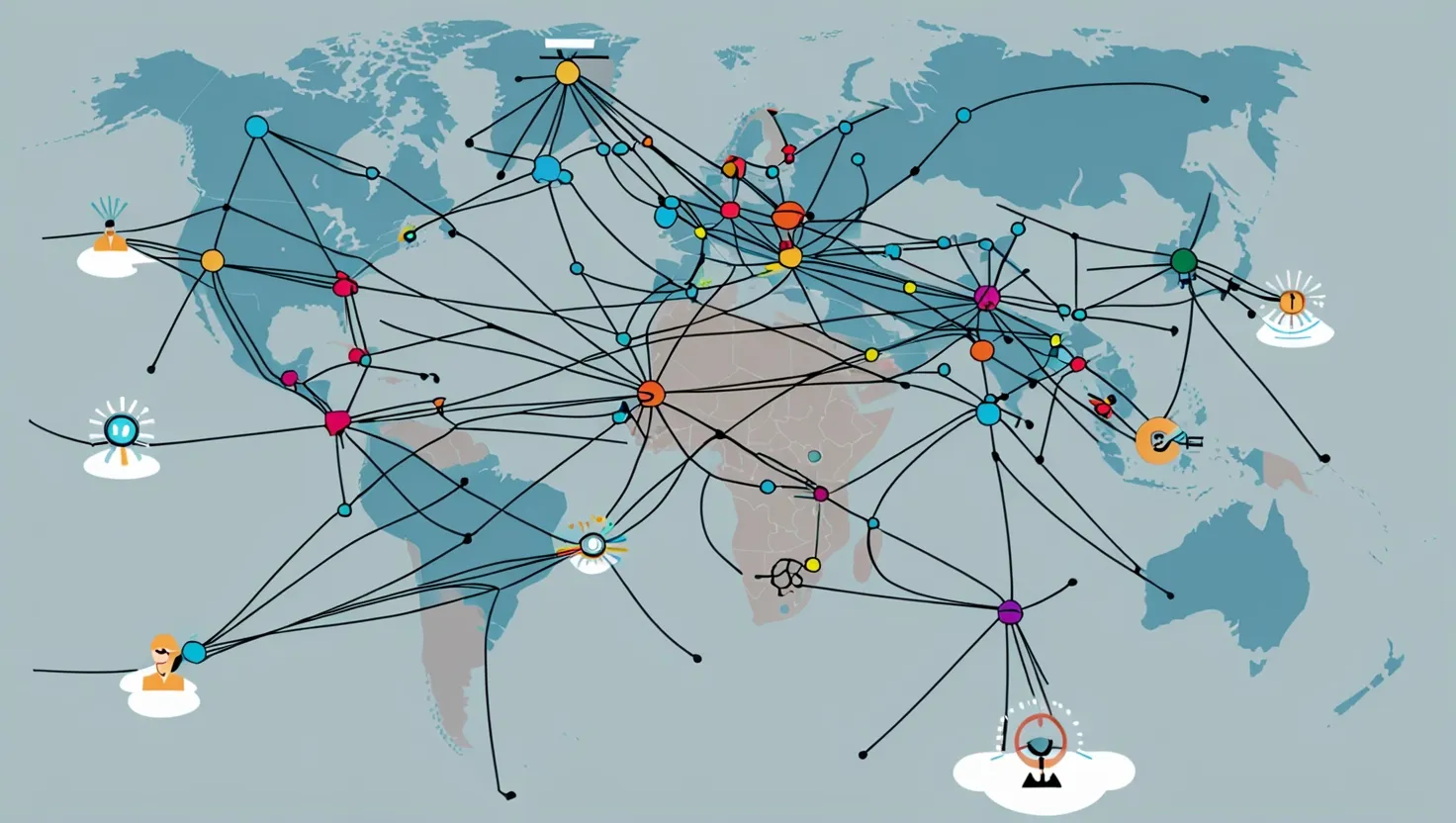When it comes to managing our finances, many of us find ourselves trapped in a cycle of stress and anxiety. The traditional approach to financial management often focuses on numbers and budgets, but it neglects a crucial aspect: our emotional well-being. This is where the concept of “mindful money management” comes into play, offering a fresh and holistic approach that can transform the way we handle our finances.
At its core, mindful money management is about bringing intention and awareness to how we handle our money. It’s not just about tracking expenses or investing in stocks; it’s about being present and aware of every financial decision we make. This approach recognizes that money is deeply intertwined with our emotions and values, and that managing it effectively requires a mindful and thoughtful strategy.
One of the key strengths of mindful money management is its versatility. It addresses both professional and personal finance, making it a comprehensive tool for anyone looking to improve their financial health. Whether you’re a business owner trying to manage cash flow or an individual trying to save for retirement, this approach can help you make better, more informed decisions.
A significant part of mindful money management involves emotional management in financial decision-making. Traditional financial advice often overlooks the emotional aspect, but this approach acknowledges that our emotions play a critical role in how we manage our money. By being aware of our emotional triggers and biases, we can avoid making impulsive financial decisions that might harm our long-term goals. For instance, understanding why you tend to overspend during certain times of the year or how stress affects your investment choices can help you develop strategies to mitigate these behaviors.
This approach also challenges the “hustle culture” that often pervades the financial industry. Instead of encouraging relentless saving and investing at the expense of our well-being, mindful money management promotes a balanced approach. It suggests that financial health is not just about accumulating wealth but also about enjoying the journey and living a fulfilling life. By aligning our financial goals with our personal values and desires, we can create a more sustainable and satisfying financial plan.
Innovative financial services are another area where mindful money management shines. Traditional financial advisors often focus on selling products or services, but mindful money management is about providing genuine guidance and education. Companies like Mindful Money are committed to making financial education accessible and honest, free from the false promises and unsound beliefs that plague the financial world. They offer group coaching and unbiased advice, making financial guidance affordable and accessible to everyone, regardless of their current financial status.
The practical tools provided by mindful money management are designed to help manage money-related stress and emotions. For example, the Mindful Money Method, developed by financial life coach Liz Carroll, is a nine-module course that helps women (and anyone else) build a financial freedom and relief plan. This method focuses on identifying and shifting limiting money beliefs, creating a values-based plan that aligns with your unique situation. It’s not about rehashing past mistakes but about building a future-oriented plan that motivates and supports you.
Another crucial aspect is the categorization of expenses into different types. Instead of just budgeting, mindful money management involves tracking productive, protective, lifestyle, and destructive expenses. Productive expenses, such as investing in education or business growth, yield a return on investment. Protective expenses, like insurance and savings, mitigate risk. Lifestyle expenses are for fun and leisure, and destructive expenses are those that incur debt for nonproductive purposes. By understanding these categories, you can make more intentional spending decisions that align with your financial goals.
Mindful money management also has the potential to improve client relationships in the financial industry. When financial advisors take a more holistic approach, focusing on the client’s emotional and personal well-being, they build trust and rapport. This approach encourages open communication and mutual understanding, leading to more effective and satisfying financial planning.
Incorporating philanthropy into your financial plan is another aspect of mindful money management. Giving back to the community not only enhances your sense of happiness but also creates a lasting impact. By integrating charitable giving into your financial strategy, you can build a legacy that reflects your values and contributes to the well-being of others.
The trend towards holistic and sustainable money management is gaining momentum, and mindful money management is at the forefront of this movement. It’s about recognizing that financial health is interconnected with our overall well-being. By being more aware of our spending habits, emotional triggers, and personal values, we can create a financial plan that is not just practical but also fulfilling.
In practice, this means taking the time to reflect on your financial decisions. Ask yourself why you’re making certain choices and whether they align with your long-term goals. Be honest about your spending habits and identify areas where you can make adjustments. Use tools like expense tracking to gain a clearer picture of where your money is going and ensure that it’s being used in a way that supports your values.
Mindful money management is not a one-size-fits-all solution; it’s a personalized approach that adapts to your unique situation. It encourages you to focus on the future rather than dwelling on past financial mistakes. By building a specific, achievable plan and cultivating a motivating mindset, you can overcome financial challenges and achieve your goals.
In conclusion, mindful money management offers a fresh perspective on financial health that goes beyond traditional budgeting and investing. It’s about creating a harmonious relationship between your finances and your personal well-being. By incorporating mindfulness into your financial decisions, you can reduce stress, make more informed choices, and build a financial future that aligns with your values and aspirations. This approach is not just about managing money; it’s about living a more intentional, balanced, and fulfilling life.






